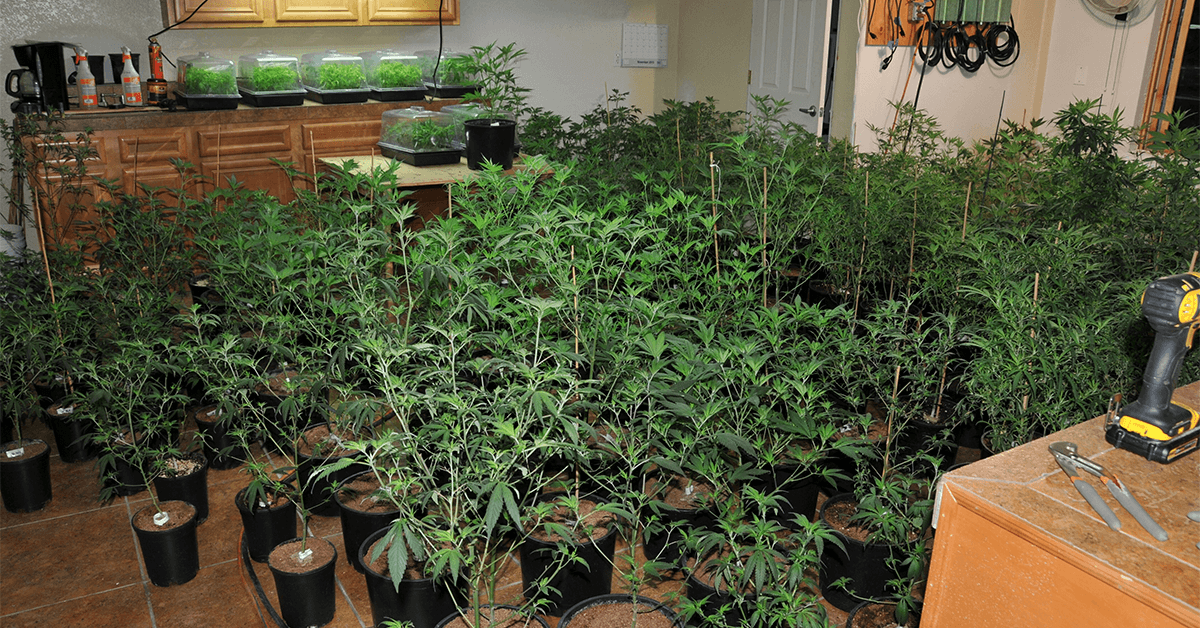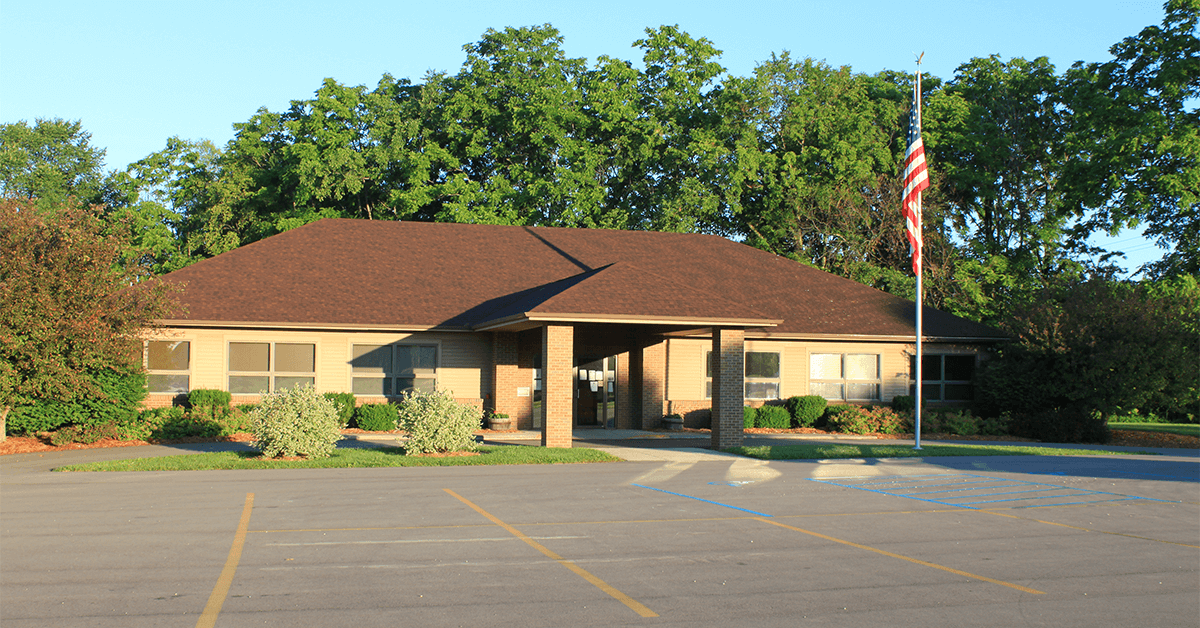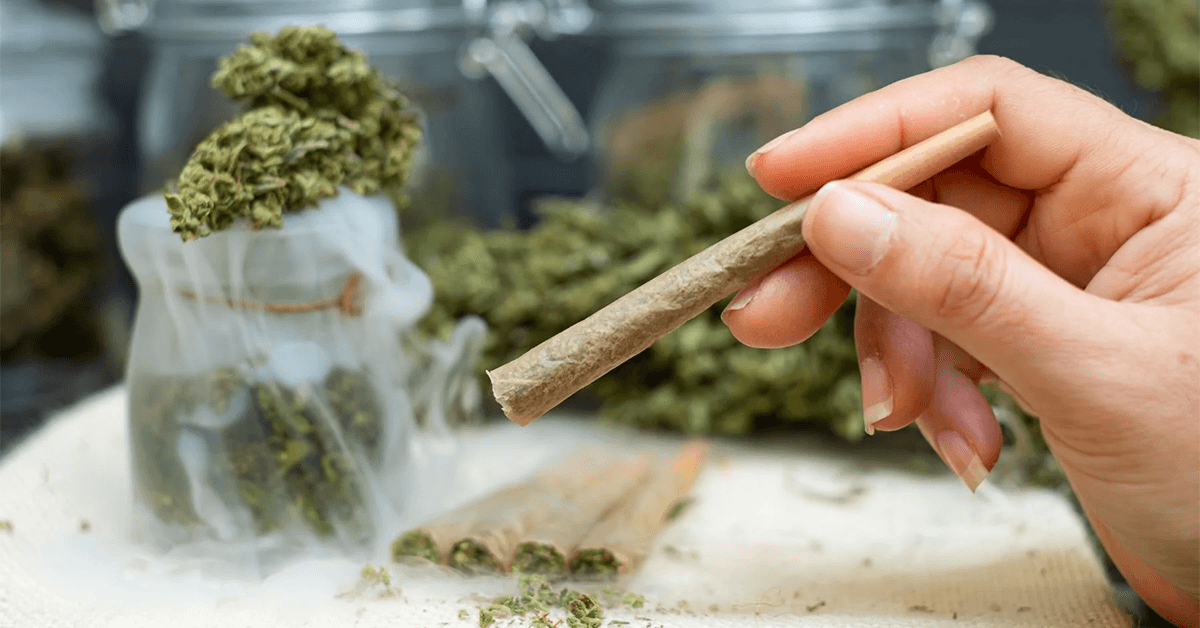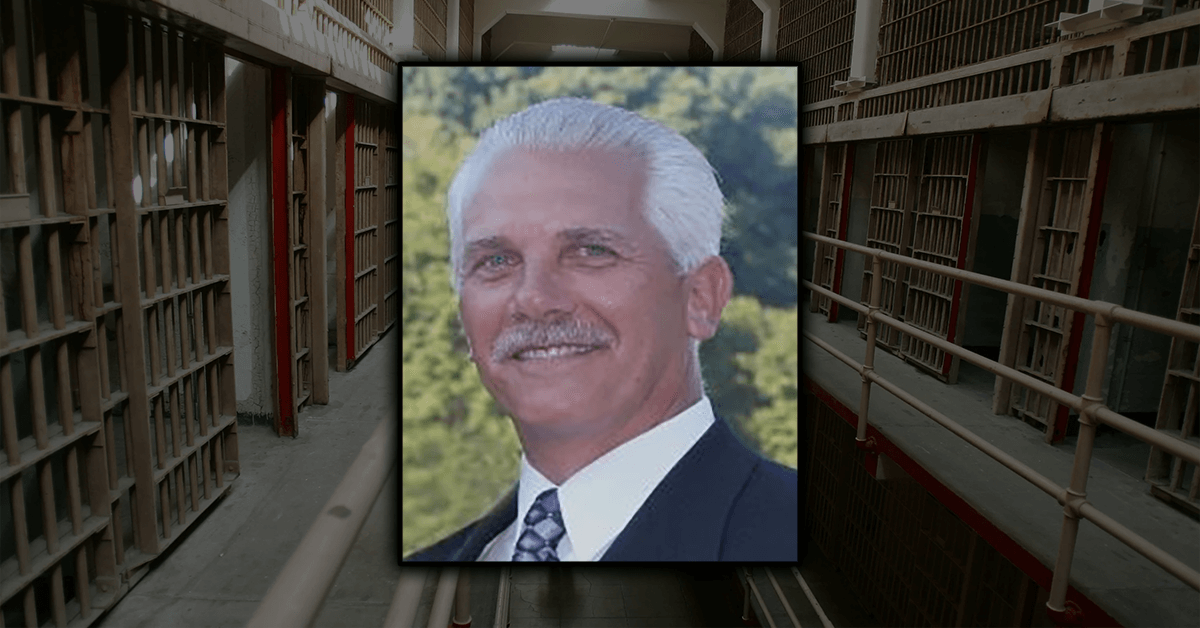The Rise of Illegal Cannabis Grow Operations in Mecosta County

In the state of Michigan, where the cultivation and use of cannabis have been legalized, a new challenge has emerged that has caught the attention of law enforcement agencies, particularly in Mecosta County. This challenge revolves around the establishment of illegal cannabis operations by individuals, notably from the Cuban community, who are engaging in black-market cultivation. These illicit activities have not only led to concerns about the potential for violence and crime but have also highlighted issues of human trafficking and exploitation within the industry.
The legalization of cannabis was intended to regulate and control the production, distribution, and consumption of the plant, ensuring safety and legal compliance. However, the emergence of black-market operations has underscored the complexities and unintended consequences of cannabis legalization. The Mecosta County Sheriff's Office has raised alarms over the influx of individuals involved in these illegal endeavors, pointing to a growing problem that threatens the safety and integrity of the local community.
The Motive Behind Illegal Grow Operations
Central to the operations of these illegal cannabis growers is the motive of profit maximization, achieved by sidestepping the regulatory and safety measures mandated by law. These individuals or groups strategically select rural properties for their operations, betting on the seclusion and reduced oversight to conduct their activities undisturbed. The choice of location is influenced by several factors, including the price and availability of real estate, with some operations paying premium prices for properties, while others exploit foreclosed homes to establish their grow operations.
The allure of Michigan for these illegal cultivators is multifaceted. The state's legal framework for cannabis, combined with the rural landscape and the relative affordability of property, creates an environment that is perceived as advantageous for clandestine cultivation. Furthermore, the penalties for illegal cannabis cultivation in Michigan are seen as less severe compared to states where cannabis remains illegal, reducing the perceived risk for those involved in these operations.
Expansion and Investigation
The issue of illegal cannabis cultivation has been on the rise since the legalization of the plant nearly six years ago, with law enforcement agencies, including the Michigan State Police Marijuana Tobacco Investigation Section (MSPMTIS), taking note of the escalating situation. Investigations have revealed that a significant number of properties involved in these operations in Central Michigan, particularly in Isabella and Mecosta Counties, are owned and managed by individuals from the Cuban community.
This demographic trend raises questions about the reasons behind the specific involvement of Cubans in illegal cannabis operations in Michigan. It appears that the combination of legal cannabis, affordable real estate, and the rural setting offers a perceived opportunity for these operations to flourish with minimal interference. When law enforcement identifies and acts against these illegal grows, the operations are often quickly reestablished by new individuals brought in from other states, such as Florida, indicating a well-organized network behind these activities.
Human Trafficking and Exploitation
A deeply concerning aspect of these illegal grow operations is the exploitation of individuals, primarily from the Cuban community, who are brought to the United States and forced into servitude to tend to the cannabis plants. This situation came to light following a routine traffic stop by a Mecosta County deputy, which unveiled the broader issue of human trafficking within the context of illegal cannabis cultivation. The workers involved in these operations are often victims of criminal organizations that facilitate their travel and employment under conditions that can be described as modern-day indentured servitude.
This revelation underscores the human cost of illegal cannabis operations, highlighting the need for a comprehensive approach to address not only the cultivation and distribution of illegal cannabis but also the exploitation and abuse of vulnerable individuals caught up in these activities.
Share this article:
Spotted a typo, grammatical error, or a factual inaccuracy? Let us know - we're committed to correcting errors swiftly and accurately!








 Helpful Links
Helpful Links